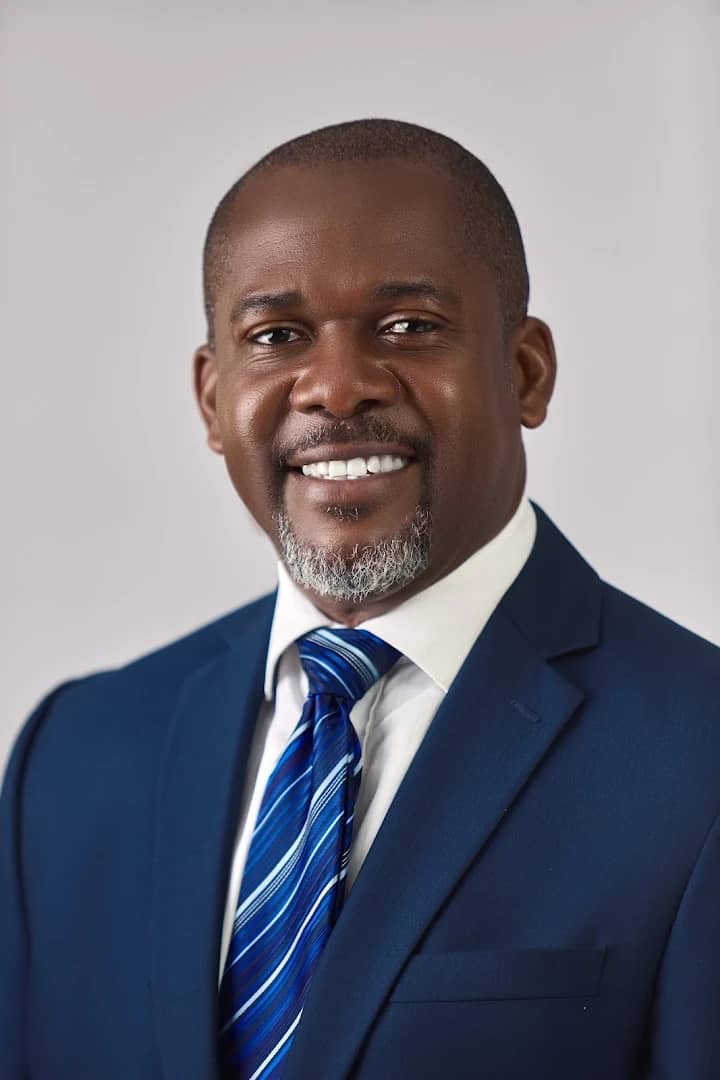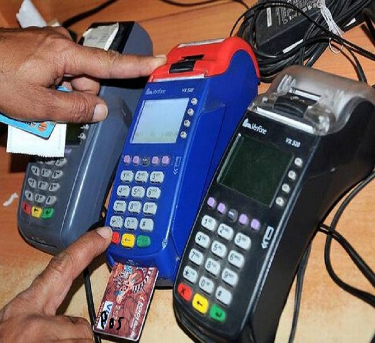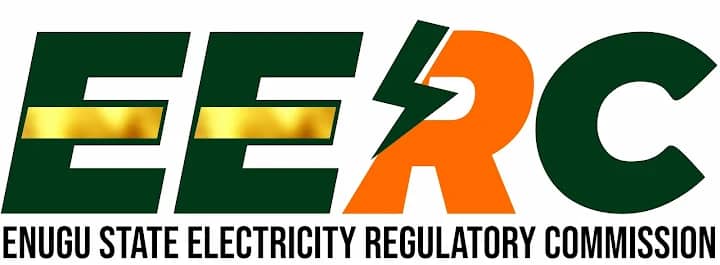The Spokesman of Mainpower, Mr Emeka Ezeh, in a statement on Wednesday in Enugu, said that the petition, dated August 14, 2025, was a fallout of the new tariff reduction order by the EERC.
Ezeh said that the new tariff reduction order by the EERC took effect from August 1, 2025.
It would be recalled that the EERC had in the said order, reduced tariff for Band A customers from N209/kwh to N160.40/kwh, while freezing Bands B-C.
The latest development was roundly condemned by both the National Electricity Regulatory Commission (NERC), the Generation Companies (Gencos), other Distribution Companies (Discos) as well as the Federal Ministry of Power.
The spokesman said that all the stakeholders had described the tariff reduction order as unsustainable, urging the EERC to put a halt to it, but the Commission “doubled down”.
“Mainpower has now approached the Commission formally, seeking an immediate suspension of the order pending the hearing and determination of its petition.
“The petition, supported with a four-paragraph affidavit, was signed by Dr. Ernest Mupwaya, Managing Director/CEO, Mainpower Electricity Distribution Limited.
“It is expressly asking for ‘a review of order No. EERC/2025/003: Tariff Order for Mainpower Electricity Distribution Limited 2025’, to avoid loss of revenue due to downward review of tariff.”
He said that the EERC is the sole-respondent to the petition, which was brought pursuant To Section 36 of the Constitution of the Federal Republic of Nigeria, 1999 (As Amended).
“Also in pursuant of Sections 11,12, 13, 20, 21, 33, 34 and 35 of the Enugu State Electricity Regulatory Commission Regulation (Regulation No. EERC-R-001, Business Rules).
“Regulation, 2024, Section 4.1.(C) & Schedule 1 of Regulation No. EERC/R004: Enugu State Regulatory Commission: Methodology for Tariff Regulation, 2024 and Under the inherent jurisdiction of the Commission.
“Mainpower stated in the petition that the tariff order published by the Respondent on Friday, July 18, 2025, for the Disco was not agreed by the parties
“The same did not comply with the Regulation No. EERC/R004: Enugu State Regulatory Commission: Methodology for Tariff Regulation, 2024 (Methodology for Tariff),” he said.
According to him, the petitioner averred that Section 4.1(c) provides that: “In order to avoid ‘Gold-Plating’ in the tariff using rate of return regulation, the licensee shall be required to review cost with the Commission.
He said, “It is the cost agreed with the Commission that shall be allowed for the operator to use in the tariff model for the determination of price that shall apply in contracts.
“This is because the value chain of electricity business in Enugu State shall be subject to contracts and prices shall be determined based on the applicable methodology published by the Commission in its website. (d) The review process for the cost shall be as prescribed in the Schedules to these Regulations”.
“It went further to state that ‘The Methodology for Tariff further provided in Schedule 1 thereof that: “Where the Commission does not reach an agreement on cost with the applicant within the twenty-one (21) days, the Commission shall subject the process to a formal hearing as stipulated in the Commission’s Business Rules.
“The Petitioner stated that after submission of the required data by the Petitioner, the Respondent invited the Petitioner to a 3-day engagement meeting to agree on the various parameters for the tariff via its letter with Ref. No. EERC/CO/2025/0086 dated 30th June, 2025 for engagements on 2nd to 4th July, 2025.”
The spokesman said that the petitioner (mainpower) disclosed that it never came to an agreement with the Respondent on certain key parameters with huge sensitivity effect.
“The Petitioner further revealed that during the engagement meetings from 2nd to 4th July, 2025, and at the end of the engagement meeting on the 4th July, 2025, the understanding with Respondent was that the process as enunciated in the Methodology of Tariff would be followed.
“And that both parties would reach an agreement on the said parameters mentioned above or hold a formal hearing as provided in Schedule 1 of the Methodology of Tariff.
“The Petitioner was surprised that the Respondent without agreement on these important and tariff-sensitive parameters proceeded to conclude the tariffs and publish the Tariff Order on Friday, 18th July, 2025.
“The Petitioner states that despite the incident mentioned in paragraph 9 above, it further engaged the Respondent and parties agreed to have a meeting on 25th July, 2025 to address the concerns of the Petitioner especially as this will threaten the Vesting Contract arrangement between the Petitioner’s Holding Company, Enugu Electricity Distribution Plc (EEDC) and Nigerian Bulk Electricity Trading Plc. (NBET) from where Petitioner receives its supply of electricity.
“After the presentations by the Petitioner on that 25th July, 2025, the Respondent reverted via a letter with Ref. No. EERC/CO/2025/0105 dated 30th July, 2025 but received via email on Thursday, July 31, 2025 at 3p.m. maintaining the implementation of the Tariff Order on 1st August, 2025. We shall found on the copy of the email sent by the Commission and the Presentation to the Commission made on 25th July, 2025,” he said.
While urging that the tariff order be reserved, the petitioner (Mainpower) stated that if implemented, it would cause irreversible adverse business impact on it.
Ezeh outlined some of the impacts to Mainpower, which included: “Financial Impact (Aug – Dec 2025): The tariff creates an average monthly revenue shortfall of between N1.3 billion and N1.5 billion, resulting in a cumulative gap of about N6.98 billion over five months.
He said that compliance with NBET and Market Operator (MO) settlement obligations is expected to drop significantly, from current levels of about 97 per cent to an estimated 81 per cent by the end of 2025. The outcome is a business sustainability risk.
“Disconnection of Supply to MainPower: The electricity supplied to the Enugu State Electricity Market flows from the Vesting Contract entered into between EEDC and NBET which tariff as approved by NERC is N209/kwh for Band A whilst the Bands B to C is N67/kwh.
“If Mainpower is not able to meet up with its remittances obligation which in turn affects that of EEDC, this will inevitably lead to the Disconnection of the Supply to Mainpower.
“Investment Impact: MainPower’s planned capital expenditure programme, valued at N33.2 billion and covering network expansion, feeder automation, and the installation of 350,000 smart meters, is at risk under the new tariff.
“If metering rollout is halted, over 42% of customers will remain unmetered beyond Q1 2026, perpetuating inefficiencies and revenue leakages.
“Operational Impact: Reduced funding will limit the company’s ability to maintain and repair critical infrastructure, increasing the likelihood of outages and customer complaints. Additionally, dissatisfaction with service levels is expected to drive more customers toward self-generation, further eroding revenue.
“Strategic and Reputational Impact: The undervaluation of MainPower’s asset base weakens the company’s balance sheet and reduces investor confidence, directly impacting its ability to attract capital for future projects.
“There is also a heightened risk of industrial action if the company struggles to meet payroll and vendor obligations, potentially damaging its reputation and operational stability
Ezeh said that Mainpower prayed for an order of the Commission suspending the application of the Tariff Order pending the determination of its case, as well as an order of the Commission for a review to approve either Scenario 1 of N206.80/Kwh or Scenario 2 of N194.54/Kwh as contained in its petition.


























